Which are the 100 jobs most at risk of being replaced by AI, Chatobots and Automation? To find this out, we conducted a study in which we let the language model ChatGPT estimate the top 100 jobs most at risk of becoming obsolete. The language model screened vast amounts of data from research findings, reports and articles online to make this prediction.
Below are the 100 jobs most at risk of becoming obsolete due to AI, ChatoBots or Automation. The jobs are in alphabetical order.
100 jobs most at risk from AI, chatbots or automation:
- Accountant
- Actuary
- Administrative assistant
- Advertising salesperson
- Aerospace engineer
- AI developer
- Anesthesiologist
- Auditor
- Bank teller
- Biomedical engineer
- Biomedical scientist
- Biostatistician
- Bookkeeper
- Cashier
- Chemist
- Civil engineer
- College professor
- Computer support specialist
- Court reporter
- Credit analyst
- Customer service representative
- Data entry clerk
- Data scientist
- Database administrator
- Delivery driver
- Economist
- Editor
- Electrical engineer
- Engineer
- Environmental scientist
- Financial analyst
- Geologist
- Geophysicist
- Graphic designer
- Home health aide
- Human resources specialist
- Industrial engineer
- Insurance underwriter
- Interpreter
- IT manager
- Journalist
- Judge
- Lawyer
- Librarian
- Loan officer
- Machine learning engineer
- Market research analyst
- Materials scientist
- Mathematician
- Mechanical engineer
- Medical billing specialist
- Medical coder
- Medical transcriptionist
- Meteorologist
- Network administrator
- Nuclear engineer
- Nurse
- Occupational therapist
- Online tutor
- Paralegal
- Parking enforcement worker
- Personal shopper
- Pharmacist
- Photographer
- Physical therapist
- Physician assistant
- Physicist
- Postal worker
- Programmer (incl. computer programmer)
- Proofreader
- Psychiatrist
- Psychologist
- Radiologic technologist
- Real estate agent
- Receptionist
- Retail salesperson
- Robotics engineer
- Robotics technician
- Security guard
- Software developer
- Sound engineer
- Speech-language pathologist
- Statistician
- Stock trader
- Surgeon
- Survey Researcher
- System administrator
- Tax preparer
- Taxi driver
- Teacher
- Technical writer
- Telemarketer
- Translator
- Travel agent
- Truck driver
- Video editor
- Virtual assistant
- Web designer
- Web developer
- Writer
Popular Jobs Not Among The 100 Most At Risk
Before we dive deeper into the method at which these professions were derived, we would like to mention that apart from the 100 jobs most at risk of replacement of AI, ChatBots and/or Automation, there is a group of additional jobs that people often ask about, that were not on this list: see the columns below.
Keep in mind that many of these professions are very specialized however, so they may not be on the initial list because they fall under a broader job category within the prior list.
Popular jobs that were not on the 100 most-at-risk list:
- Actor
- Advertising Executive
- Animal Scientist (Zoologist)
- Animator
- Architect
- Archivist
- Athlete
- Call Center Agent
- Chef
- Computer System Analyst
- Construction Worker
- Copy Marker
- Data Analyst
- Dentist
- Event Planner
- Fast Food Worker
- Financial Advisor
- Financial Analyst
- Fitness Trainer
- Industrial Designer
- Insurance Claims Adjuster
- Inventory Manager
- Investment Banker
- IT Manager
- Manufacturing Worker
- Mortgage Broker
- Museum Curator
- Musician and Singer
- Payroll Clerk
- Personal Assistant
- Pilot
- Police Officer
- Public Relations
- Sales Manager
- Sales Representative
- Scientist
- Social Media Manager
- Special Effects Artist
- Technical Support Specialist
- Tour Guide
- Veterinarian
- Video Game Designer
- Warehouse Worker
You will find a longer article about how AI, Chatbots or Automation affects a particular role on this list if you click on it.
But let’s now get back to the main topic! In the next section, we’ll discuss the methodology of how we retrieved the data for the 100 jobs at most risk from AI, and how the information was analyzed.
Method: How Was the Data about 100 Jobs at Risk Retrieved?
Nobody can predict the future, so any list of jobs at risk of becoming obsolete in the future must be taken with a grain of salt. That being said however, we should always strive toward making as accurate and sound estimations as possible given the knowledge at hand, and describe how we arrived at our results, so that other people can verify or replicate the findings if they choose.
Our list of jobs most at risk of replacement from AI, chatbots or automation was compiled using the following method:
We ran several iterations using the language model ChatGPT 3.5, for the prompt: “Give me 100 jobs that are likely to be heavily affected, or even replaced, by AI, chatbots, or automation in the near future”. By doing so, the language model screened vast amounts of data from research findings, reports and articles online to make this prediction. Each iteration returned slightly different results, and the final job-list is a summary of the 100 jobs most often returned during these iterations. Also, duplicate jobs or job titles that described the same thing were removed, to only be listed once. For example, we included “High School Teacher” and “Elementary School Teacher” in the broader category “Teacher”, and “Call Center Agent” in the wider category “Customer Service Representative”.
The analysis was carried out in May of 2023.
ChatGPT is a natural language processing (NLP) technology that can summarize and draw inferences from masses of information available online. In this way, the results provided by ChatGPT can be seen as meta-study results: It compiles and summarizes the findings of various studies, testimonies and publications online into a general finding.
It should be noted that ChatGPT 3.5, which was utilized in this study, only screens data until February of 2021. To mitigate this weakness, we have also gone through more recent reports and articles to see whether later estimations conducted by other organizations or researchers, concerning jobs at risk from AI and automation, returned diverging results. In general, they did not: The more recent reports available typically only listed 10-20 jobs, and these were most often also included in the list that we retrieved from ChatGPT 3.5. The exceptions were that some of the newer reports focused on more specified occupations. For example, while our list includes “engineer” as a general occupation, a newer finding included “blockchain engineer”, which is a sub-category of the broader engineer-occupation. Other exceptions were that the newer reports listed a job that was not exactly the same as the one on our list, but very similar. For example, “researcher” was mentioned instead of the similar occupation “college professor” on our list.
Which Education Groups Are Most At Risk Of AI-Replacement?
In this section, the 100 jobs most at risk of AI, chatbot or automation replacement are organized into 3 clusters, depending on the education level needed to perform the job.
Here is s an overview of the clusters, showing the proportion of jobs at risk from AI by education-group:

As we can see in the chart, the jobs requiring a higher education level, Bachelor’s Degree or Higher, are vastly over-represented in the 100 jobs most at risk of AI takeover. These amount for as much as 70% of the jobs at risk, according to our study.
Jobs in this group require a bachelor’s degree or higher education, and typically involve complex tasks that require advanced knowledge and skills, such as engineering, data analysis, and creative fields.
So, if you have a job that requires a university degree, you may have reason to worry, and you might want to think about ways to prepare yourself for the coming AI-shift.
The second biggest group, making up 19% or the jobs at risk, is No College Degree Jobs. Occupations in this group do not typically require any advanced training. They may involve routine tasks or basic customer service skills.
Finally, only 11% of the 100 jobs at risk of our study are from the middle education group for which Associate Degree or Certificate is required. Jobs in this cluster require an associate degree or technical training. They involve specialized skills and knowledge, such as healthcare or a technical trade.
By the way, you may also be interested in our in-depth article discussing the broader work sectors at risk from AI. (Click the link to go to the post.)
Conclusion
Based on our ChatGPT-assisted analysis, the 100 professions most at risk of replacement or disruption from AI, chatbots or automation are to a large degree strong-salary jobs that require a higher education (70 percent of the jobs on the derived list). So, if you rely on your university degree for employment, you may want to keep an extra eye on the developments with in AI, to be prepared for the coming shift.
You can read more about how your particular job is impacted and how you can prepare your career for the AI-revolution by clicking the highlighted job in the list. Alternatively, just type your job into the search bar at the top right to find out if we’ve covered it in an article yet.
Video Summary
Author: Ole Paulson
Author Bio: I’m Ole and on this website, I share everything there is to know about Artificial Intelligence, and useful tips for using AI to our advantage. I have a background in data science and research and have been following the AI-space for years. You can read more about me in the “About” page.

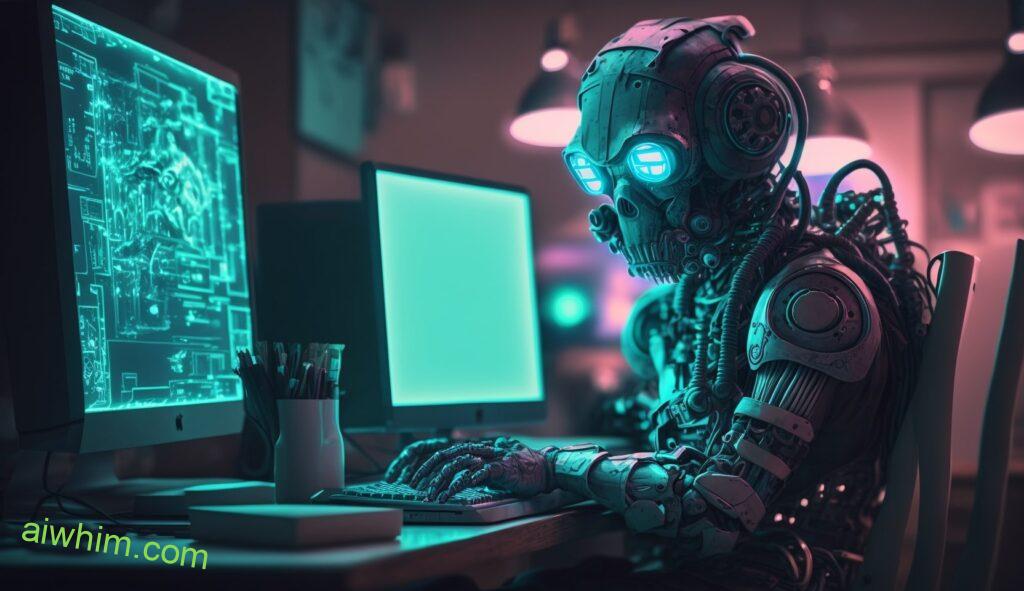
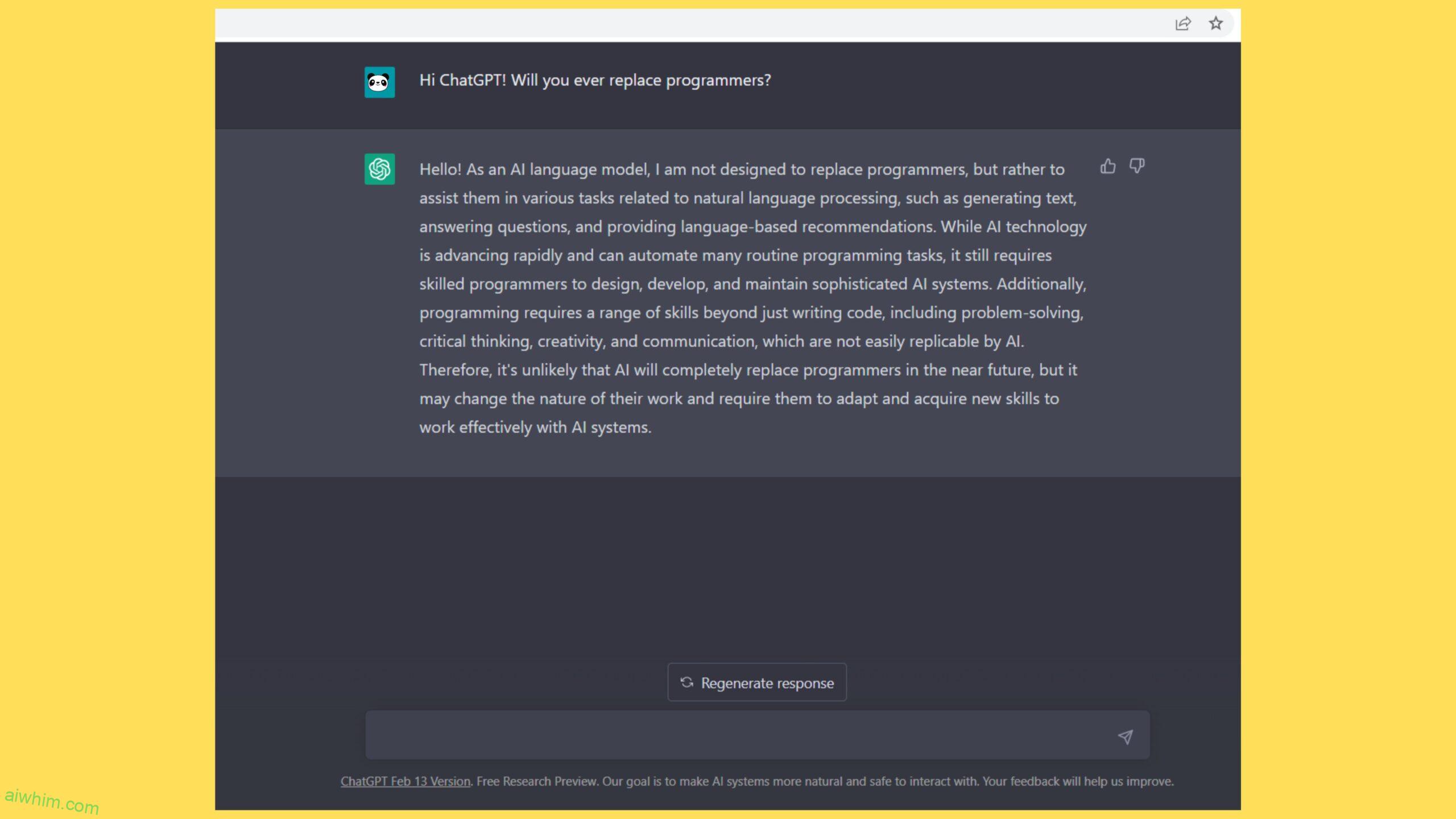
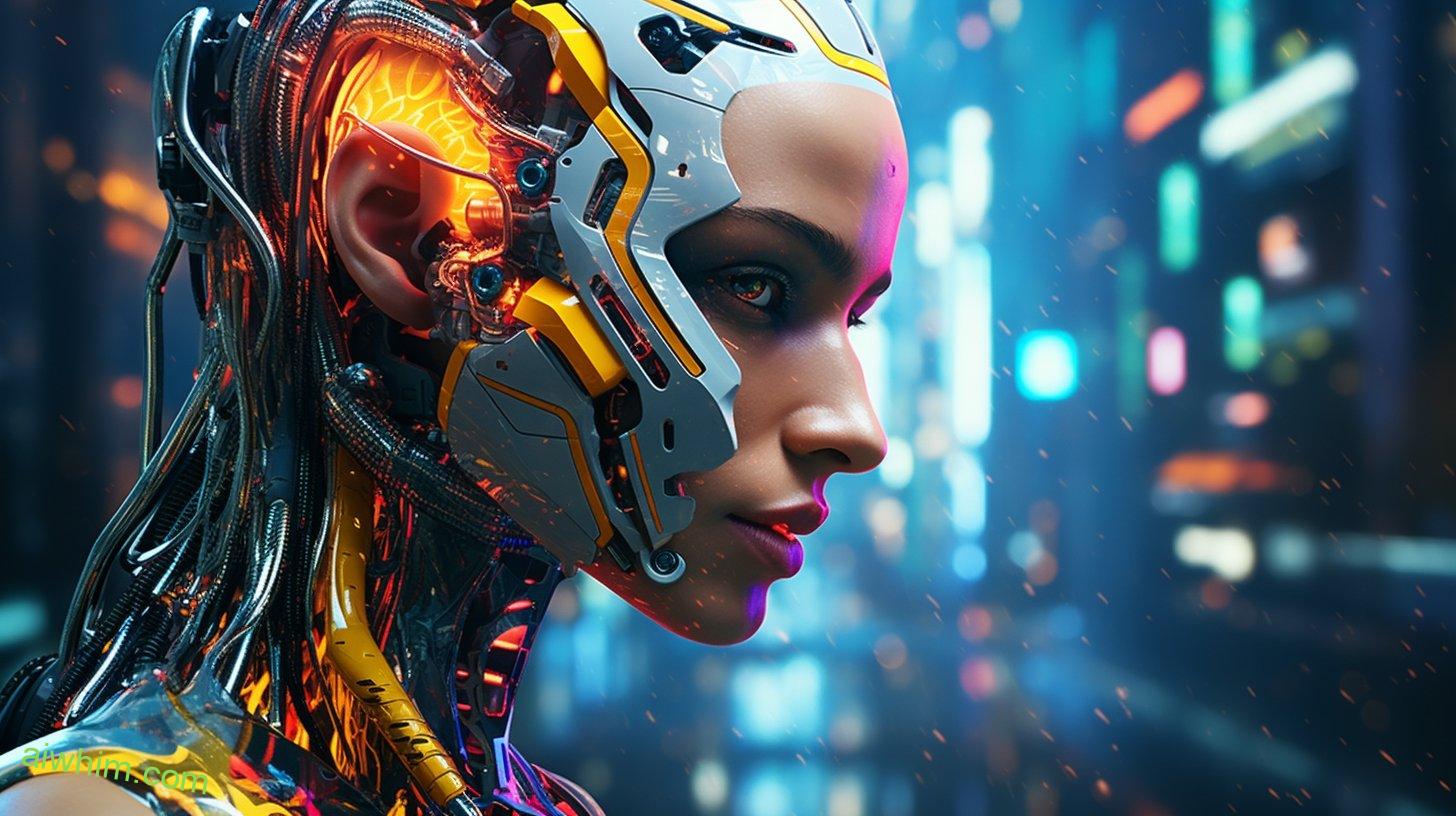
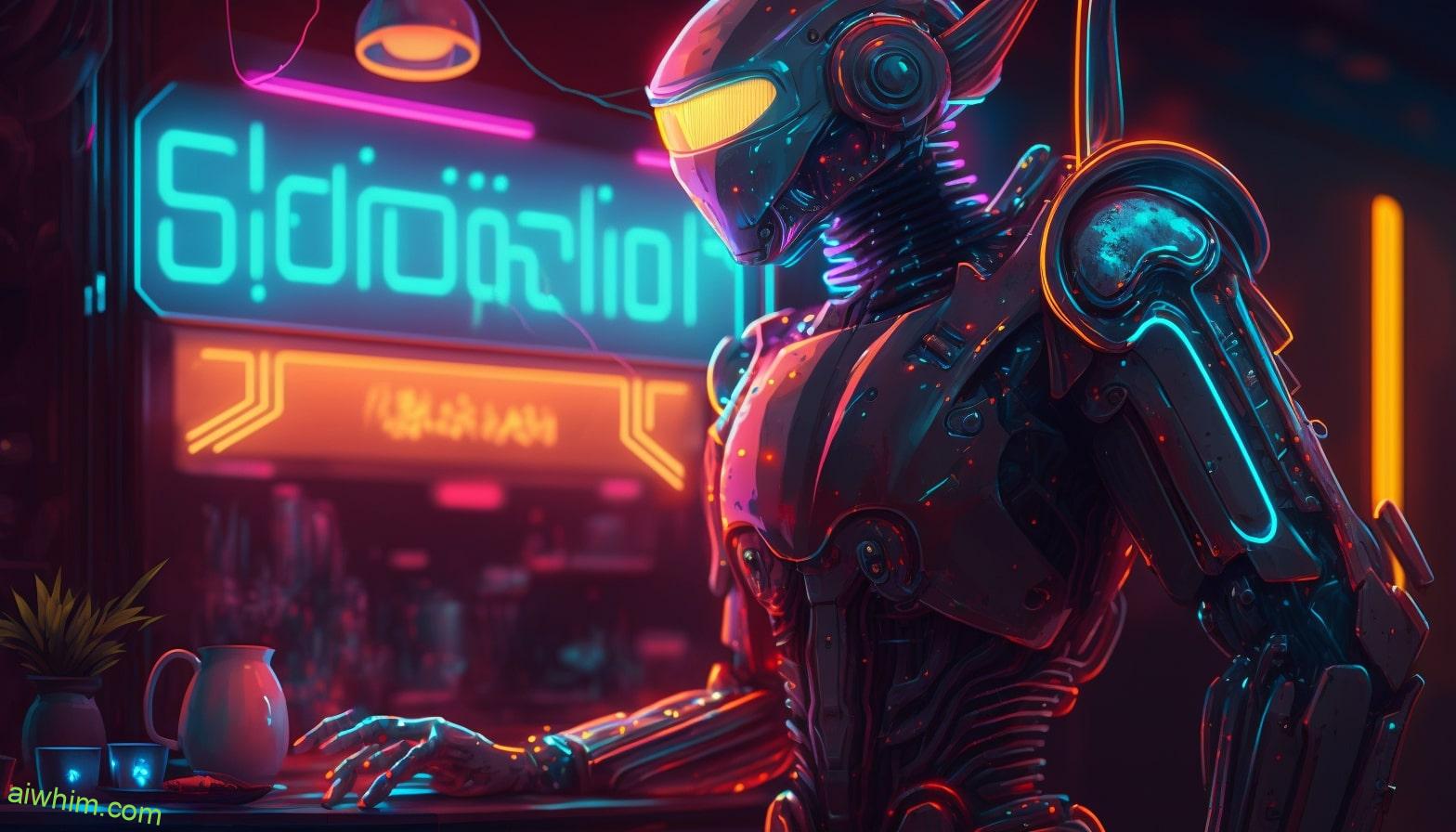
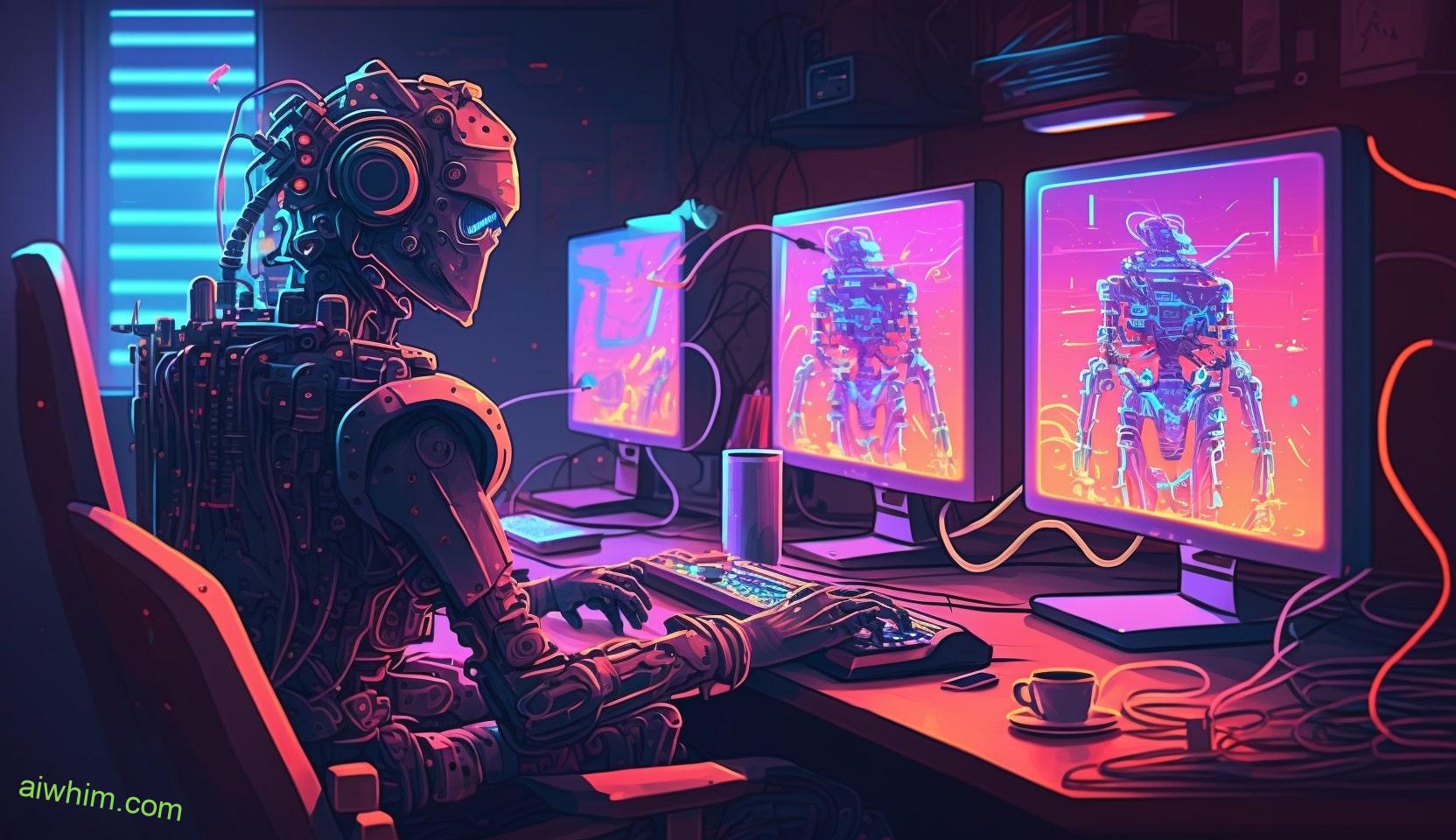

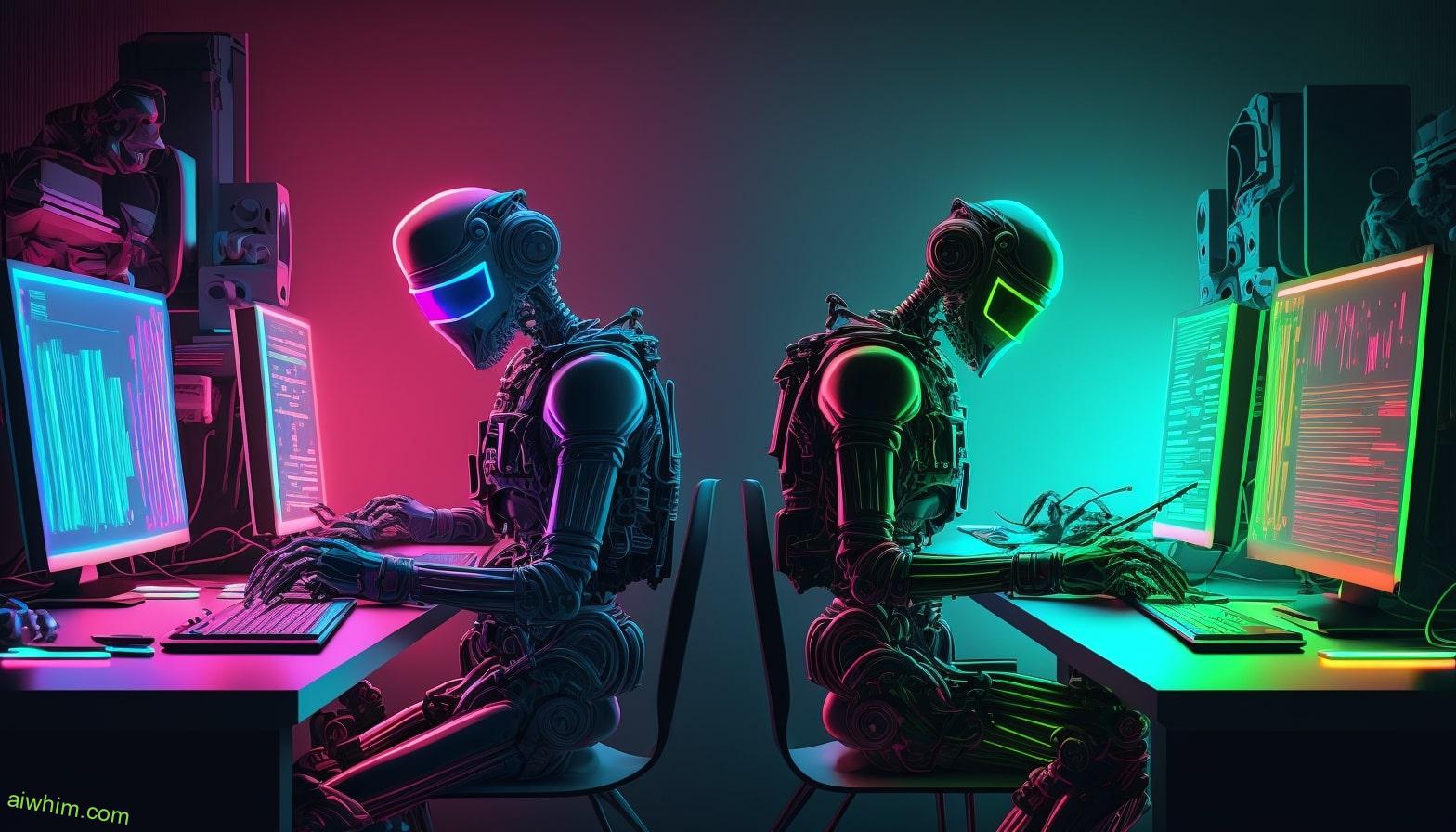
It is remarkable, it is a valuable phrase
Bravo, seems magnificent idea to me is
Useful topic